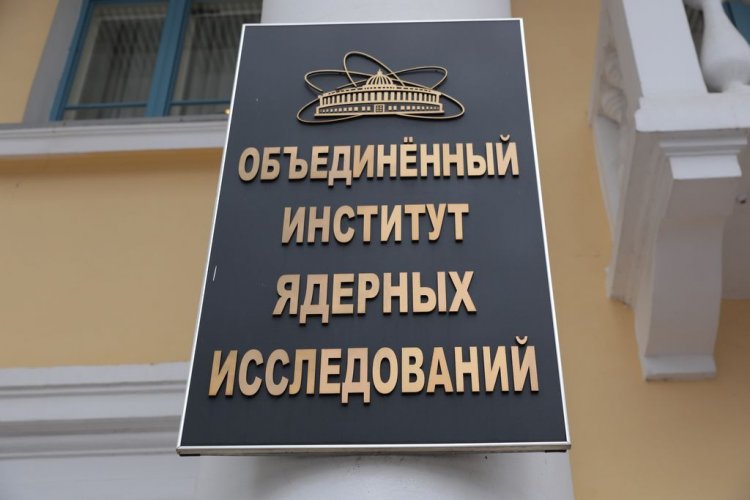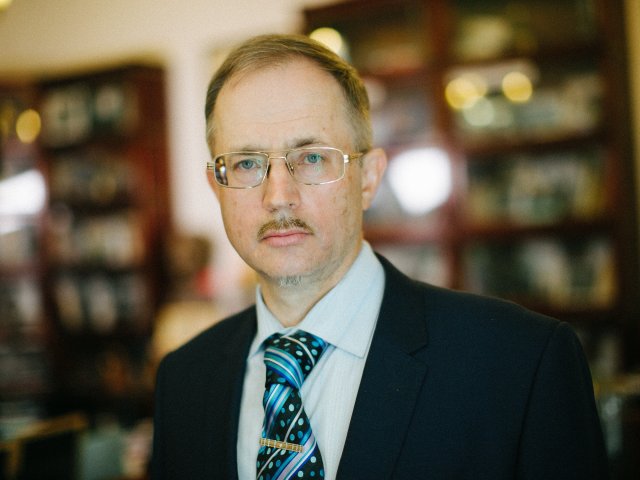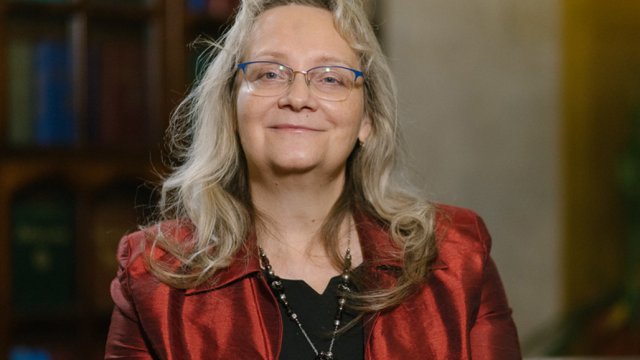Around 60% of the staff of the Joint Institute for Nuclear Research in Dubna have been vaccinated COVID-19. Grigory Trubnikov, the Director of the Institute, spoke of how they managed to do that.
“An unfastened seat belt is of no importance till there is an accident. Inoculation is the same thing — it’s not needed until there is a disease with effects that are very hard to predict.” That is what Grigory Trubnikov, the Director of JINR and RAS Academician said to JINR employees and to all residents of Dubna in late May. Around 1,500 staff members of the institute had been vaccinated by then. The number doubled within a month and today nearly 3,000 have immunity.
The most important projects of the institute – the Superheavy Elements Factory, which is being prepared for experiments to synthesize undiscovered elements of Mendeleev's Periodic Table, and the NICA collider, which is under construction – cannot live without scientists and specialists working on platforms and in laboratories. And the people have to be healthy to be able to work normally and produce outstanding results the institute is famous for. The management of the institute made the decision that only employees who are immune to the viral infection would be admitted to seminars and work platforms, i.e., only those who recovered from or took a vaccine against COVID-19.
“Our men and women of science, their health and well-being are an absolute priority. Therefore, on the one hand, we have made fast and high-quality healthcare services and three Russian vaccines available to all our employees. On the other hand, we have created a set of measures to motivate people to take part in the vaccination campaign, such as financial benefits and compensatory leave. Moreover, we have a particular focus on epidemiological safety of our colleagues. For instance, all events that require meetings and discussions are open only to those with immunity, to avoid putting each other at risk. Such comprehensive approach is a strong motivation for both research officers and colleagues from engineering and production divisions to get vaccinated.
A couple of words on special things about us as an international center: academic mobility is important to JINR, and I mean mobility in both directions, literally. People participating in international experiments realize that their mobility is limited if they are not vaccinated,” says Grigory Trubnikov.
The institute does not only employ Russian citizens. A significant percentage of the staff came from abroad, and are taking Russian vaccines. Grigory Trubnikov emphasized: “It is extremely important to us, especially at a time like this, that our foreign colleagues feel comfortable and receive the same level of support that the Russian employees receive from the Government of the Russian Federation. The Institute decided to use the JINR budget to pay benefits to all foreign colleagues and their families that are equivalent to the financial and social support that we and our families are receiving due to the impact of the pandemic.”
It was the responsible attitude of the collective combined with the careful preparations made by the management of JINR that produced the high immunization rates among the staff of the institute and Dubna residents. In cooperation with the Federal Medico-Biological Agency (FMBA), the Institute organized vaccination stations at laboratories and outpatient clinics, with a choice of three Russian vaccines: Sputnik V, EpiVacCorona, and CoviVac. As a systemic enterprise, the institute is leading by example, motivating the unvaccinated Dubna residents to join the effort to build herd immunity.
Employees of the institute are provided information on how the vaccine works, why herd immunity is needed, and why vaccination is nothing to fear. “We are updating statistics twice a week and looking at the dynamics. The institute has a special operational center created over a year ago. We have weekly stuff polls. To persuade people to get vaccinated, we report news, results of the latest research – any reliable information,” says Grigory Trubnikov.
The institute lives: the preventive measures taken at the international scientific center and in Dubna allow JINR to operate with the pandemic-related restrictions virtually with no losses. The construction of NICA complex is progressing according to schedule. The experimental cycles on the fast pulsed reactor IBR 2 have been performed according to plan. There were over 15 viva voce defense events for Candidate and Doctoral dissertations.
The institute's target for the end of the spring was to get 40% vaccinated. The target for the midsummer was 50%. We achieved more at this stage. The target for September is that 70 out of every 100 employees should have immunity. “First and foremost, we are focusing on employees of the institute, but we are also working actively to vaccinate their families, and that is 15,000 to 18,000 residents of Dubna. The target for the institute – 70% herd immunity – will be achieved without a doubt, but our contribution to the town's statistics will be significant as well,” said Grigory Trubnikov.






















